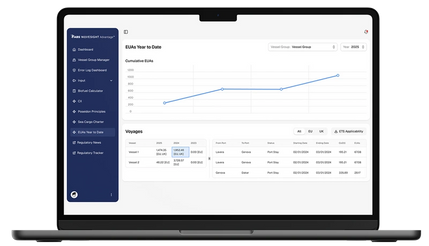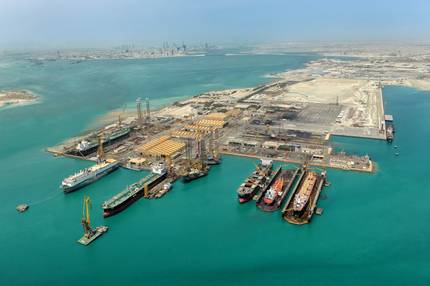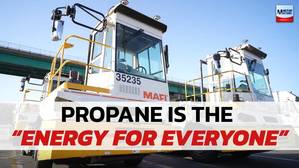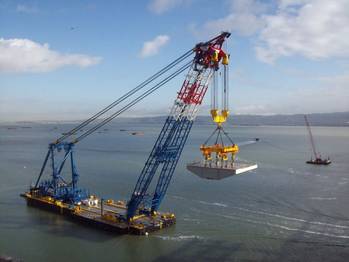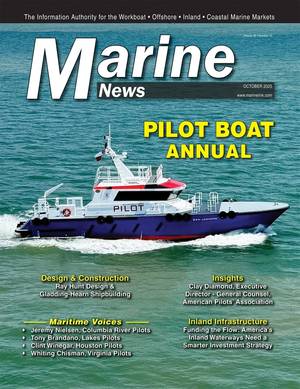Time to Rethink SFOC as a Fuel Efficiency Measure
The maritime sector’s longstanding reliance on Specific Fuel Oil Consumption (SFOC) and manufacturer power curves to measure fuel efficiency masks real performance as well as real inefficiencies at sea, according to Rob Mortimer, CEO of Fuelre4m:
These legacy metrics, rooted in idealized factory conditions and theoretical assumptions, fail to capture the complexities of actual vessel operation.
This results in an industry managing appearances rather than actual fuel-to-thrust efficiency, risking misguided investment, compliance, and sustainability decisions.
SFOC figures are calculated based on engine output assumptions rather than direct measurement, using static power curves provided by engine OEMs that do not account for fuel quality variations or operational wear and tear. This creates a closed loop where neither engine nor fuel inefficiencies are visible, preventing operators and stakeholders from accurately benchmarking performance.
In practice, engine load is inferred from RPM without adjusting for real-world variables, leading to misleading emissions and fuel consumption reports and a false sense of compliance with increasingly stringent ESG and regulatory targets.
Fuel is the largest operational cost for shipowners. Flawed efficiency metrics risk skewing decisions on fuel procurement, vessel upgrades, and alternative fuel investments. Moreover, regulators’ growing emphasis on carbon intensity and emissions trading hinges on incomplete data, exposing companies to compliance risk and accusations of greenwashing.
Shipping must adopt direct measurement tools — including torque sensors and shaft power meters — to quantify real mechanical output. Fuel quality must be validated with precise calorific values, enabling accurate tracking of fuel-to-thrust conversion efficiency across different fuel types.
Updating reporting frameworks to reflect these realities will enable the industry to expose underperforming fuels, hold suppliers accountable, and align cost and emissions targets with actual performance — not outdated assumptions.








